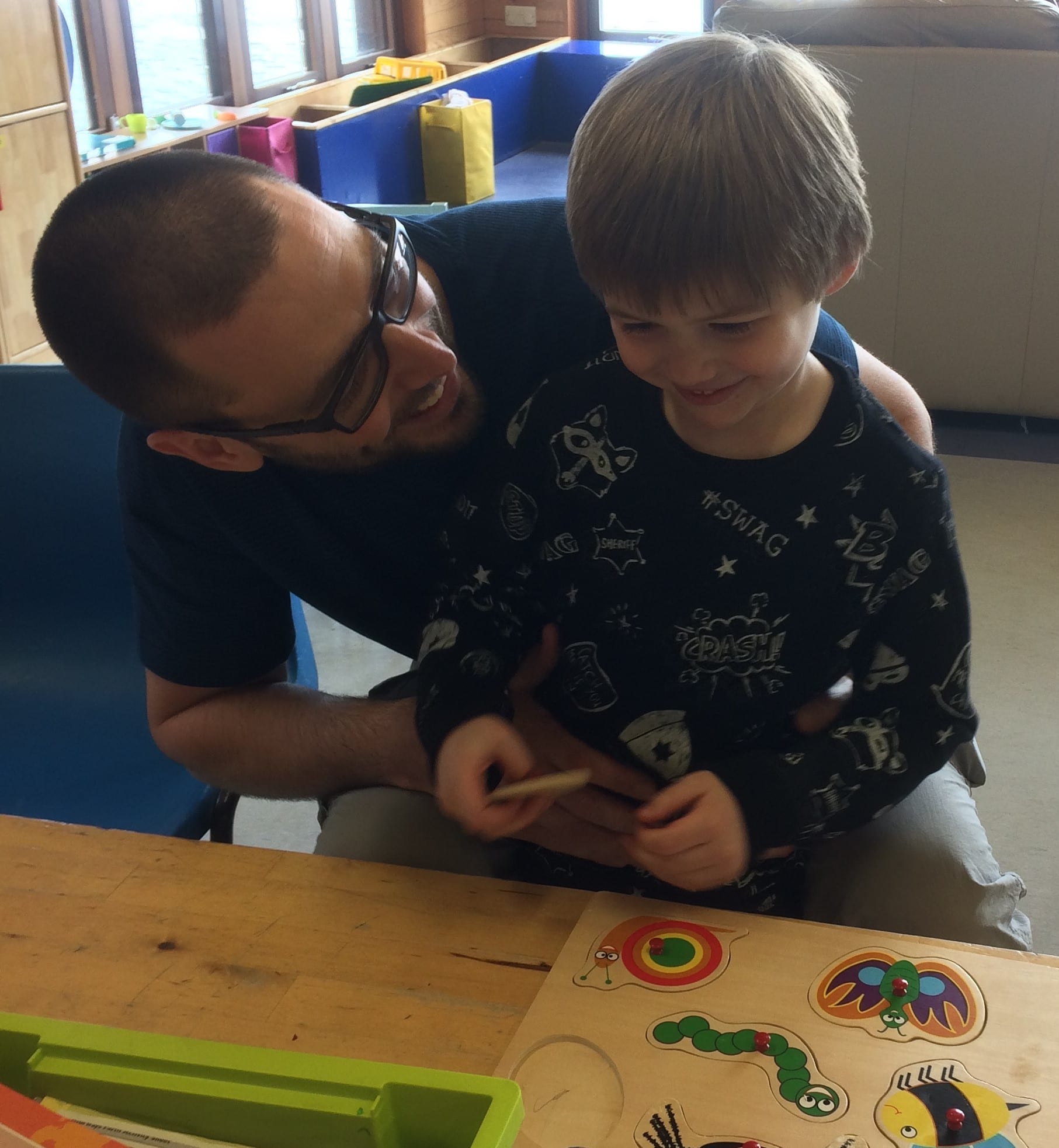Education professionals
Information and guidance about Tuberous Sclerosis Complex for education professionals
This page is intended for education professionals supporting someone with Tuberous Sclerosis Complex (TSC).
Children and adults affected by TSC might have additional needs compared to what you’ve experienced in the past. It’s important that you have a good understanding of the condition and how it might affect the person you are working with, as well as how the Tuberous Sclerosis Association (TSA) can help you.
Your knowledge, confidence and understanding of TSC could help to make a significant improvement to the education outcomes of a child or adult living with the condition.
Tuberous Sclerosis Complex (TSC) is a rare genetic condition that affects around 1 million people worldwide.
TSC causes non-cancerous growths to develop in different organs around the body, such as the brain, eyes, heart and skin. Issues caused by TSC are as a result of the growths developed due to the condition.
Common problems from TSC can include epilepsy, autism, learning difficulties and kidney problems. However, the way that TSC impacts on a person’s life can vary considerably.
The extent that TSC affects a person living with the condition can be very different for everyone with the condition. Some people living with TSC may have very few problems, whilst others require specialist and ongoing care.
It’s important to remember that the person living with TSC is often not the only person who will be significantly impacted by the condition. Family members, friends and loved ones of the individual will also often feel the impact of a TSC diagnosis.
An in-depth overview of the most common issues that people living with TSC can experience are available under the section ‘How TSC affects the body’.
When supporting someone with TSC, you should remember:
- TSC is a lifelong condition that requires help and support from a range of specialist professionals. It’s highly likely that someone living with TSC will need to attend numerous hospital and clinic appointments for scans and check-ups
- There are a range of medical treatments and surgical interventions that are used to target specific elements of the condition, such as medicines to reduce the number of epileptic seizures or to shrink growths
- TSC-associated neuropsychiatric disorders (TAND) – which includes autism, attention deficit hyperactivity disorder and anxiety – can have a serious impact on people living with TSC. The number one request from individuals and families affected by TSC is for advice and support on TAND
- There has been a hesitancy amongst some professionals to actively treat or manage TAND in people living with TSC. However, the TSA and other TSC groups are clear: The diagnosis and subsequent management of TAND in people living with TSC should be broadly no different to someone who is diagnosed with the same disorder but does not live with TSC.
There are important factors that could impact on the education pathways and support that a person living with TSC receives by education professionals. You can find out more about these in our CPD-accredited online TSC course for education professionals, but it includes:
- TSC is a complex, multifaceted and sometimes all-encompassing condition for people who are affected. A person living with TSC may have a range of issues that could impact on how you work with them
- It is common for people living with TSC to receive SEN support or have an EHC plan
- TSC can place a significant financial burden on individuals and families. This could be an important factor when considering school trips, uniforms or new stationary
- TSC can sometimes be poorly understood by non-specialised health and social care professionals, leading to people living with the condition and their families feeling frustrated and alone
- People living with TSC will likely need to attend many hospital, clinic and social care appointments. This could mean that the person living with TSC that you are working with needs to leave the classroom often
Make a one off or regular donation
£10 Can allow us to send a welcome pack to a family who has just received a life-changing TSC diagnosis, ensuring that they do not go through this time alone.
£25 Can help us develop materials that are included in our support services, flagship events or campaigns.
£50 Can provide laboratory equipment for a day’s research into the causes, symptoms, management or treatment of TSC.
To provide help for today and a cure for tomorrow






